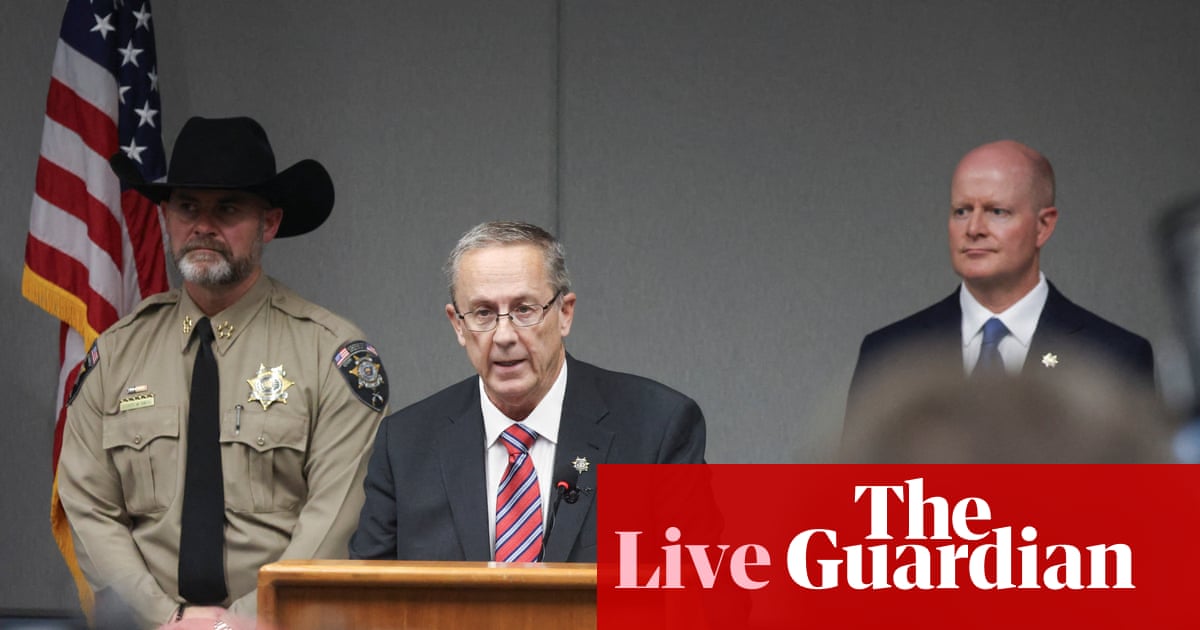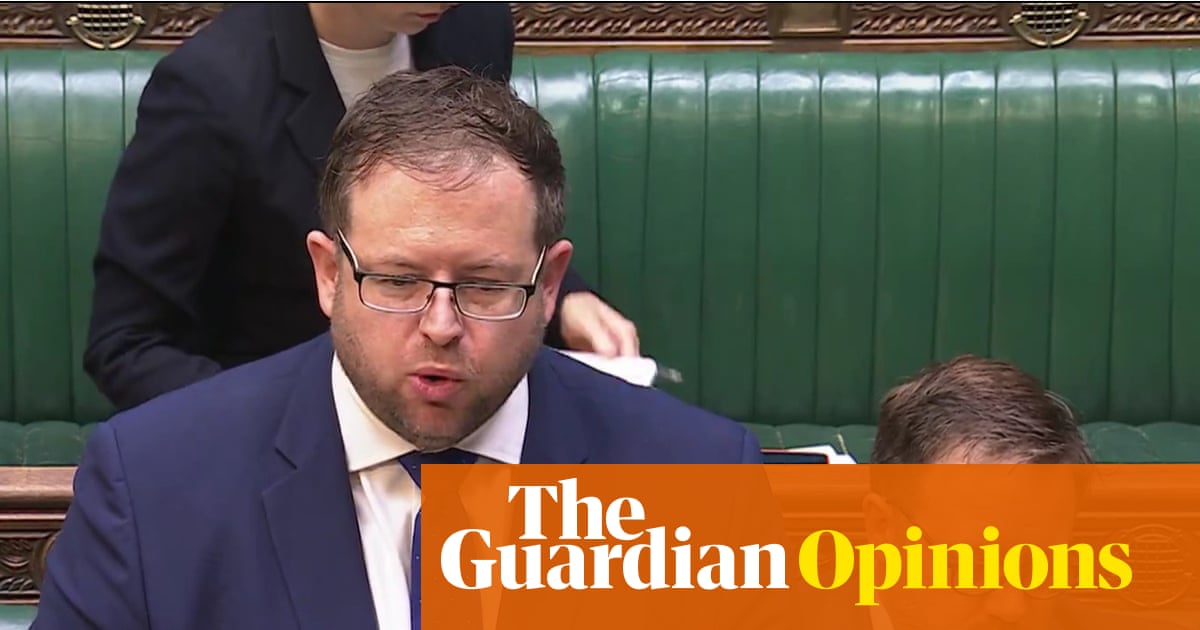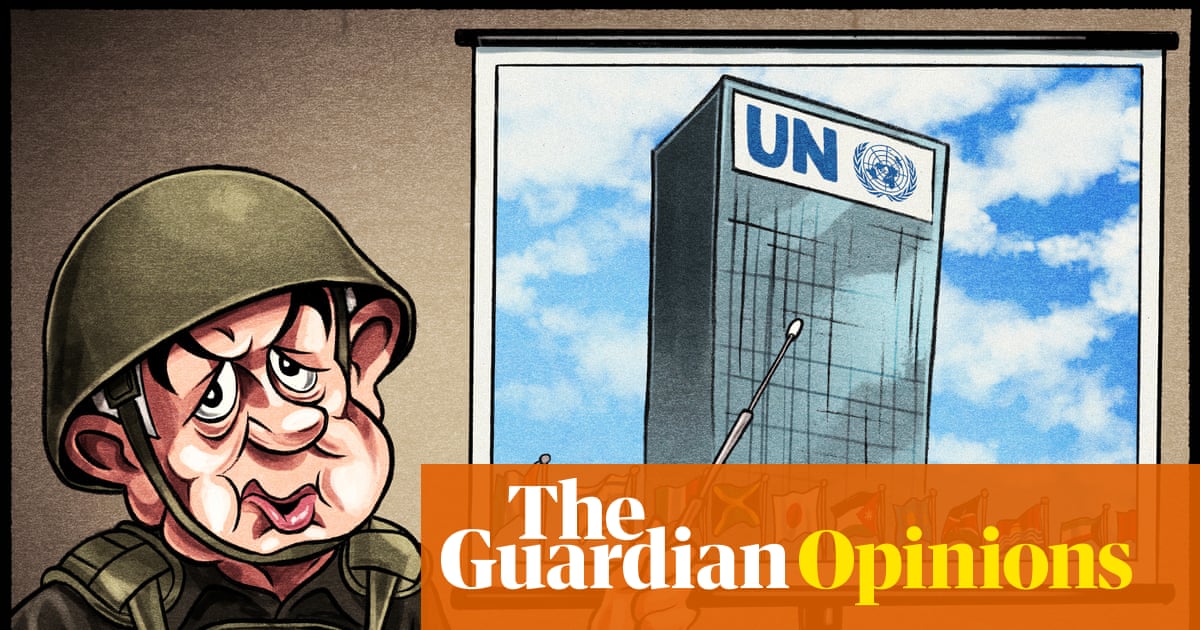The Conservative party may be sliding into the abyss, as Sir Keir Starmer suggests, but Labour would be foolish to imagine that it is insulated from the same fate. Labour’s polling plummet since the 2024 general election is the worst for any government since 1983. In cutting current spending on benefits while promising future capital investment, Sir Keir risks alienating the very voters he needs to keep.
The foundations of Britain’s two-party system are eroding. The Liberal Democrats, Reform UK, the Greens and nationalist parties in Scotland and Wales are looking to gain. Some say the Tories now face an existential crisis like the one that saw the Liberals overtaken by Labour in the 1920s. That split happened on the left. The Conservatives should not be surprised to see it repeated on the right – with Reform poised to usurp them.
Margaret Thatcher thought the Labour party would never die. Her logic was that the trade unions wouldn’t let it. But that support is weaker and has been radically reshaped. White-collar trade unions – composed of teachers, academics, doctors – appear culturally middle class but are economically working class: facing insecure contracts and less workplace power. They are joined by a precariat of renters and gig workers, as well as groups, such as disabled people, who struggle to get by.
The Joseph Rowntree Foundation points to a critical electoral group: the economically insecure, especially those aged 35 to 59. Many own homes, work in professional sectors and vote irregularly. Their financial position is increasingly fragile. They are more likely to switch parties and to resent a politics that ignores their daily stress. Labour risks misreading them.
Labour’s answer is restrictive fiscal rules, welfare cuts and promises of £100bn in capital investment. To many voters, this looks just looks like pain today. The chancellor should realise that celebrating rule changes to the Treasury’s green book won’t compensate for real-terms service cuts. At its core, Labour’s offer often sounds like an improved version of the status quo, not a challenge to it. But the post-1980s consensus – in home ownership, pensions, higher education, labour markets – is no longer delivering. What people increasingly experience is not the dream they were promised but its unravelling. Home ownership has stalled, with rising numbers of older renters. Regions with the most graduate growth have seen the steepest falls in graduate-level work. “Flexibility” often means vulnerability.
Meanwhile, the Conservatives’ traditional coalition has fractured. Since the 1980s, successive rightwing governments cultivated a self-employed base – typically including small-business owners and tradespeople – which resisted redistribution and resented regulation. What unites them isn’t their wage level, but a politics of national sovereignty, community betrayal and individual success. Tapping into these anxieties explains Nigel Farage’s appeal.
Labour cannot out-Reform Reform, just as Mr Farage cannot plausibly out-Labour Labour. How parties frame class shapes whether class drives voting. Sir Keir must speak to voters rather than addressing bond vigilantes. Markets fear government disorder, not fiscal deficits. The refusal to scrap the two-child benefit cap is not just a moral failure. It signals indifference to the daily pressures voters face.
Sir Keir may draw sharper lines with Reform than with the Conservatives. But if he offers no alternative to a failing settlement – no vision of work, welfare or home that speaks to how people live now – he may find the public looks elsewhere for one.
-
Do you have an opinion on the issues raised in this article? If you would like to submit a response of up to 300 words by email to be considered for publication in our letters section, please click here.

 3 months ago
153
3 months ago
153

















































